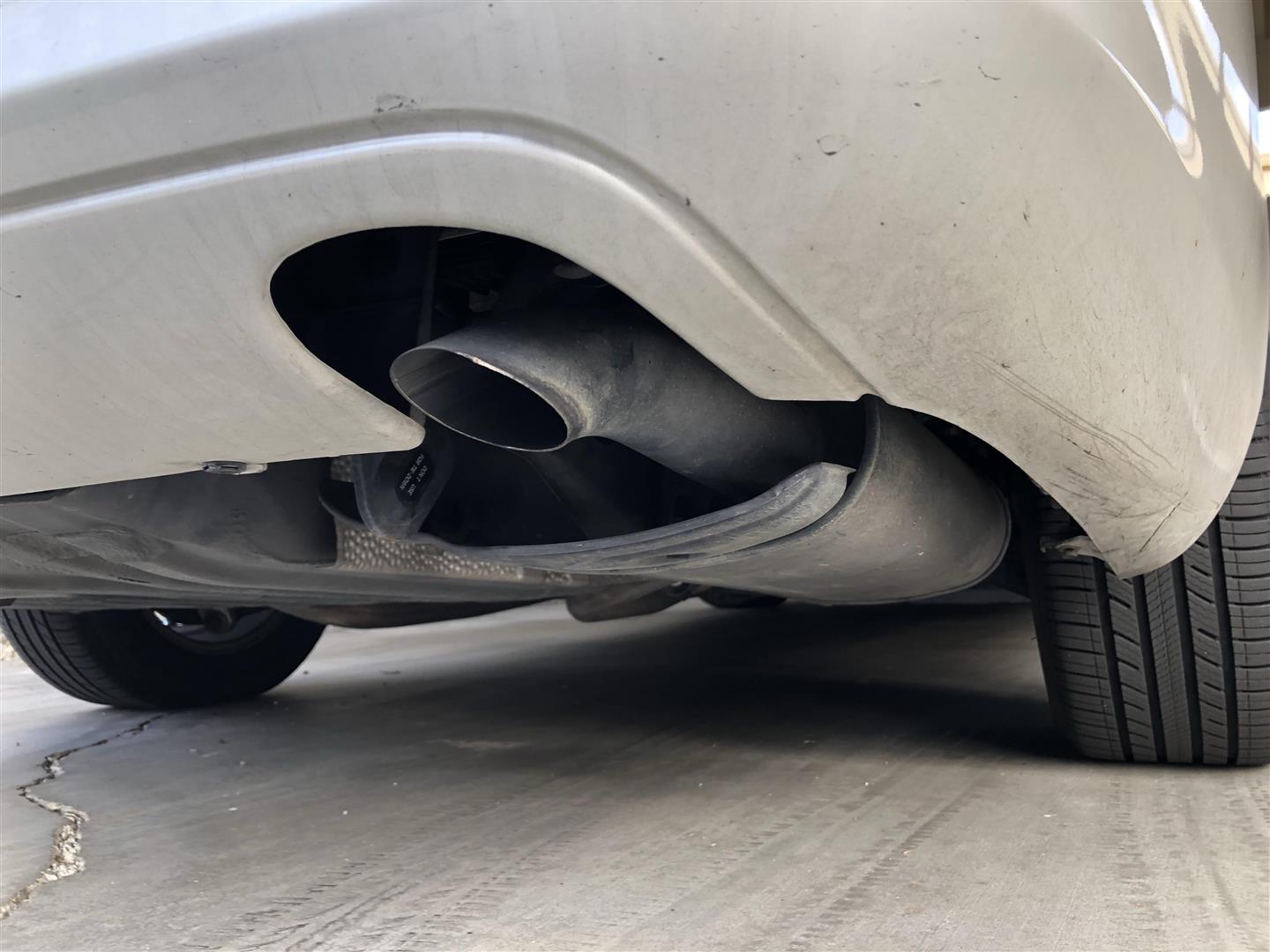Posted on 2/22/2023

If you notice any fluids leaking from under your car or truck, you should be concerned. Some fluid leaks may seem like no big deal at first, and they may not be early on. However, leaking fluid could lead to major problems if left ignored. You may not have enough healthy fluids running through vital automotive systems like the engine, transmission or cooling system. This can cause parts to seize up or fail, which could lead to major damage that will be expensive to repair. What Do Automotive Fluids Do? Different automotive fluids perform different functions throughout your vehicle. You have engine oil, transmission fluid, radiator coolant, A/C coolant, windshield wiper fluid, brake fluid and fuel. Some provide lubrication. Others provide cooling properties. Some are hydraulic fluids. And some perform multiple important functions within their particular automotive system. For example, a transmission fluid leak could lead to significant internal transmission dama ... read more
Posted on 2/8/2023

Valentine's Day is just around the corner. Hearts and flowers are everywhere you look as you prepare to celebrate the day with your special someone. Most of us feel a special connection to our cars, as well. And, if you really think about it, the engine is like the heart of your car. It is what drives everything and allows you to get to your destination. Show Your Vehicle Some Love This Valentine's Day, it's time to show your car's engine a little love. Keep it healthy with the necessary maintenance and consider getting repairs taken care of if something is wrong with your vehicle—engine or otherwise. Oil Changes A healthy engine always starts with clean oil running through the system. Motor oil provides vital lubrication and cooling properties. The more you drive, the more your oil starts to degrade. It can lose viscosity, become dirty/contam ... read more
Posted on 12/28/2022

Many people assume a car's cooling system is only there to help keep the car from overheating. That is true, but it also helps regulate the running temperature throughout the year. Your vehicle's cooling system still plays a large part in engine health and performance during the colder winter months. You'll want to take care of your car's cooling system all year round. Now may be a good time for maintenance and a system tune-up. You will also want to look out for warning signs of cooling system problems during the winter season. Here are 5 cooling system maintenance tips you can follow this winter: 1. Take Care of Plastic and Rubber Components Your cooling system features a network of belts, hoses and seals made up of rubber and plastic materials that can easily freeze or degrade when the weather is really cold. Ice, salt and moisture from the roa ... read more
Posted on 12/7/2022

The winter season is almost here in Northern Delaware. The temperatures are dropping fast and cold weather is ahead. It's always smart to think about car maintenance when the seasons change, especially this time of year. Obviously, the most important preventative maintenance step you can take is to change your oil. Whether you do it yourself or have a professional service your vehicle, now is a good time to get your oil changed before things get even colder outside. Here are 3 helpful tips for anyone thinking about getting an oil change this winter: 1. Don't Wait Too Long It's usually best to get your oil changed before the coldest weather starts to set in. This is especially true if you are already due for an oil change anyway. Old oil can cause damage within your engine, and your engine is already getting more stress s ... read more
Posted on 11/9/2022

Your exhaust system plays a very important role in the overall health and performance of your car, truck or SUV. It expels harmful gases away from the engine and burns them off so that the emissions are safer for the environment. Exhaust system problems can really cause problems for you. Your engine could be damaged, your fuel efficiency will drop, and a bad exhaust leak could literally be deadly for you and your passengers. Here are some of the most common signs of exhaust system failure or damage: 1. Check Engine Light (or Other Warning Lights) Your check engine light can come on for a variety of reasons. Exhaust system issues are among the most common because you have several sensors that can easily be tripped. Or, the sensor itself can fail. This happens a lot with faulty oxygen (O2) sensors. More advanced vehicles may offer more spec ... read more